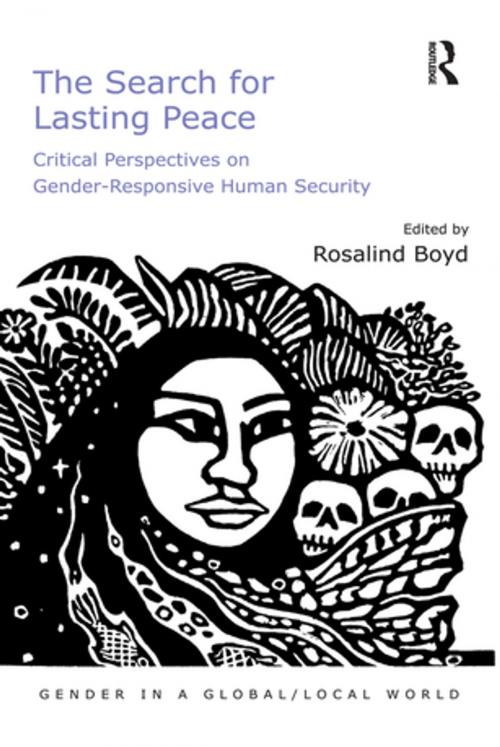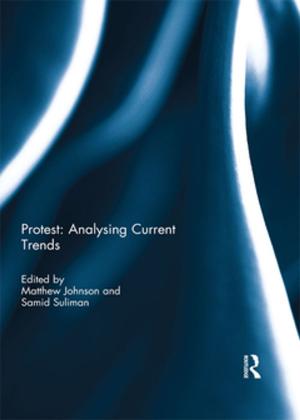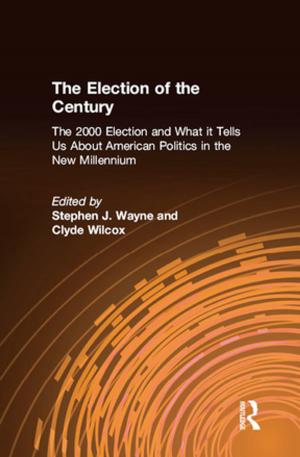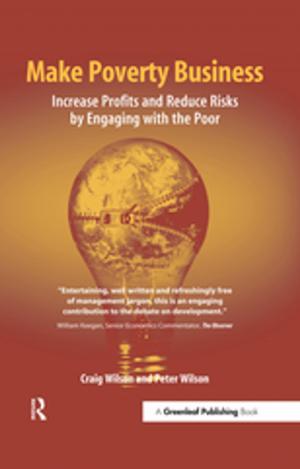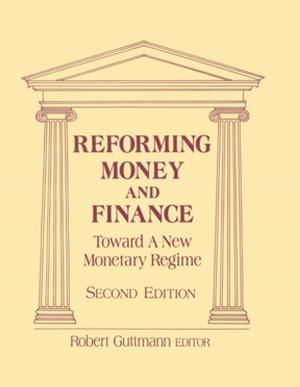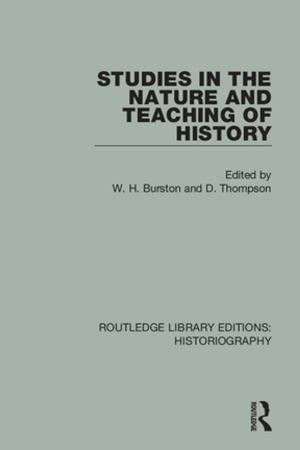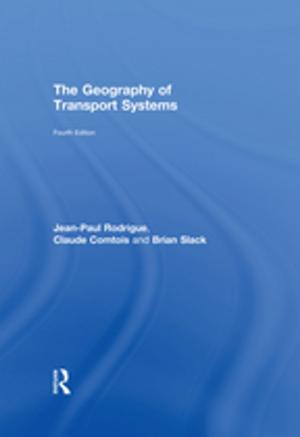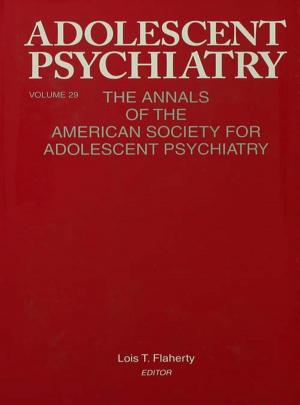The Search for Lasting Peace
Critical Perspectives on Gender-Responsive Human Security
Nonfiction, Social & Cultural Studies, Social Science, Gender Studies, Political Science| Author: | Rosalind Boyd | ISBN: | 9781317016533 |
| Publisher: | Taylor and Francis | Publication: | February 17, 2016 |
| Imprint: | Routledge | Language: | English |
| Author: | Rosalind Boyd |
| ISBN: | 9781317016533 |
| Publisher: | Taylor and Francis |
| Publication: | February 17, 2016 |
| Imprint: | Routledge |
| Language: | English |
Presenting the human security agenda as a policy response to the changing nature of violent conflicts and war, this collection traces its evolution in relation to conflicts in different contexts (Burma, India, Palestine, Canada, East Timor, Guatemala, Peru and African countries) and from the perspective of gender, addresses initiatives for peace with justice. Cases are analysed when the human security agenda, including UNSC resolution 1325, was in its initial phase and point to both the weakness of the concept and the unexpected direction it has taken. These discussions - always relevant - are more urgent than ever as gender-based violence against women has increased, resulting in new UNSC resolutions. Some chapters suggest that militarism and economic globalization must be directly confronted. Many of the contributors to the volume bridge the gap between academic research and activism as ’scholar-activists’ with an engaged connection to the situations they are describing. Human security remains an active component of policy and academic debates in security studies, women’s and gender studies, development studies, history and political economy as well as within NGO communities. This rich collection fills a needed gap in the literature and it does so in a language and style that is clear, accessible and reader-friendly.
Presenting the human security agenda as a policy response to the changing nature of violent conflicts and war, this collection traces its evolution in relation to conflicts in different contexts (Burma, India, Palestine, Canada, East Timor, Guatemala, Peru and African countries) and from the perspective of gender, addresses initiatives for peace with justice. Cases are analysed when the human security agenda, including UNSC resolution 1325, was in its initial phase and point to both the weakness of the concept and the unexpected direction it has taken. These discussions - always relevant - are more urgent than ever as gender-based violence against women has increased, resulting in new UNSC resolutions. Some chapters suggest that militarism and economic globalization must be directly confronted. Many of the contributors to the volume bridge the gap between academic research and activism as ’scholar-activists’ with an engaged connection to the situations they are describing. Human security remains an active component of policy and academic debates in security studies, women’s and gender studies, development studies, history and political economy as well as within NGO communities. This rich collection fills a needed gap in the literature and it does so in a language and style that is clear, accessible and reader-friendly.
